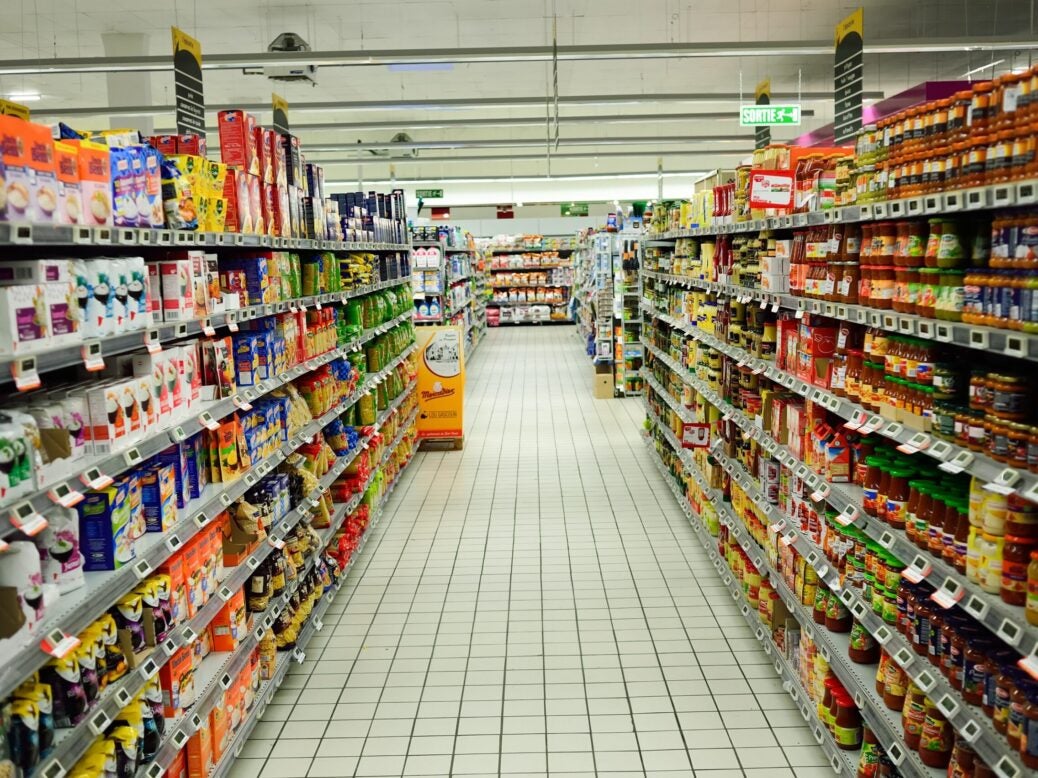[ad_1]

Four “large-scale” retailers in France have been fined millions of euros and given administrative injunctions for handing out what have been adjudged unfair penalties to suppliers.
A French competition watchdog investigated more than 200 suppliers’ claims in 2021 and found “abuse of logistical penalties by several large retailers”.
The companies were last week fined by the French competition, consumer affairs and fraud prevention watchdog (DGCCRF – Direction générale de la concurrence, de la consommation et de la répression des fraudes).
The DGCCRF would not be drawn on the identities of any of the organisations, describing them only as “retail brands”. Neither would it confirm the exact fine amounts when approached by Just Food.
It said compliance checks have “been initiated” for one of the brands.
France agri-food trade body Association Nationale des Industries Alimentaires (ANIA) welcomed the announcement, saying it had been campaigning against “bad logistics practices” for years.
In a post on social media, the ANIA described the findings of the DGCCRF report as “unsurprising”.
French ministers called for firms to show solidarity with suppliers following huge supply chain issues resulting from the Ukraine war.
Bruno Le Maire, minister for economy, finance and industry and digital, said the penalties were unacceptable during a “period when the sector solidarity is essential”.
“As food inflation reaches an exceptional level, I ask all distribution players to ensure the intelligent use of logistics penalties,” he said. “State services will be extremely vigilant to control and penalise abusive behaviour.”
Logistical penalties are used to reduce supply delays, missed deliveries and deliveries of missing/non-compliant products. The DGCCRF said the penalty system should ensure “good operation of the supply chain”.
But its investigation found many penalties had breached the EGAlim 2 law 2021 – legislation that aimed to strengthen the legal framework around logistical penalties in the French food sector.
“The law also requires that the logistics contracts provide for a sufficient margin of error left to the supplier in connection with the delivery of its goods,” it said.
The report found many penalties had been sent automatically, without providing a way for suppliers to contest them beyond a generic email address. It also found fines were issued when suppliers had not breached their contractual obligations – or when they had previously stated that they could not meet expectations.
In many cases, there was no justification, and penalties were often deducted straight from invoices without discussion. In some cases, suppliers received refunds “only several months” later.
Marc Fesneau, agriculture and food sovereignty minister, said: “The solidity of the food chain cannot be compromised by deleterious, destructive behaviours and, above all, often contrary to the law.
“The work of the DGCCRF is essential to guarantee proper implementation of the regulations. However, the difficulties faced by all farms and companies call for the most total solidarity, which goes beyond the law by the responsibility that each actor bears to feed the French.”
Olivia Grégoire, minister delegate in charge of small and medium enterprises, crafts trade and tourism, said: “Given the shortages noted on store shelves, logistical penalties should not be used in trade negotiations between supermarkets and their suppliers.
“Threatening to delist products for the retailer or not delivering them on time for the supplier in order to get the best price is not acceptable in this time when everyone has to make an effort.”
[ad_2]



